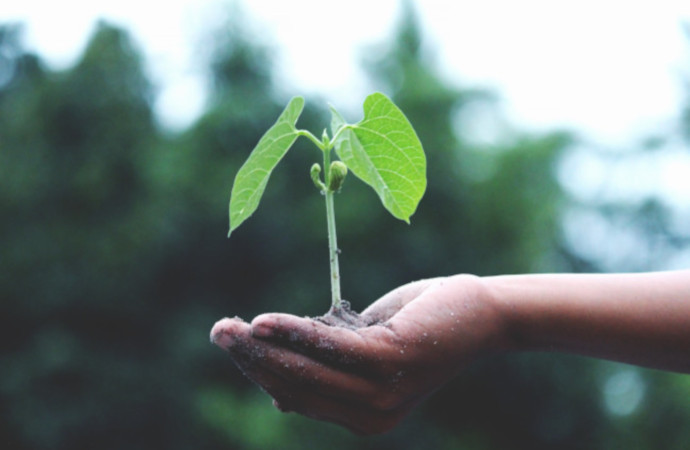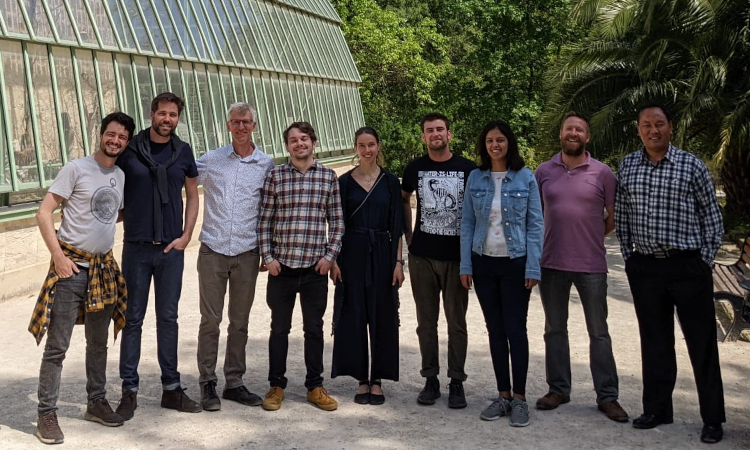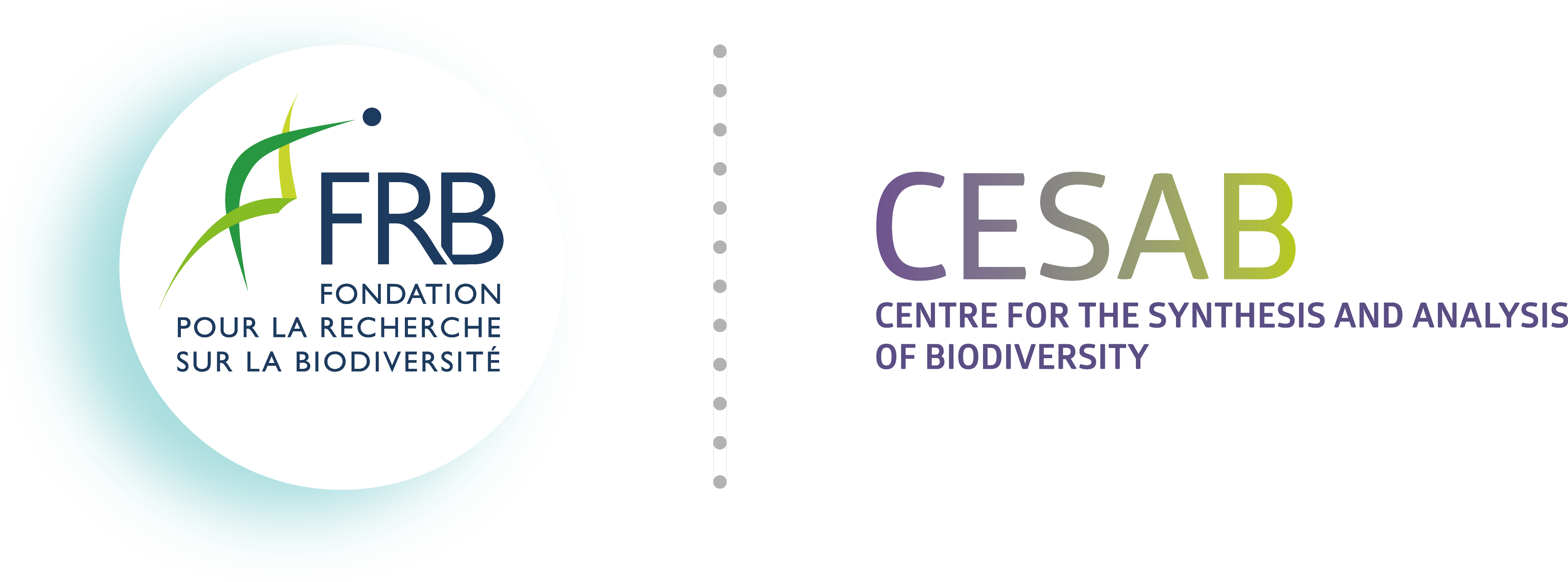JUSTCONSERVATION
Towards ‘just conservation’: linking theories and practices of justice in biodiversity conservation

Over the past three decades, biodiversity conservation has expanded, from a focus on nature preservation alone, to more ‘people-friendly’ approaches integrating objectives for both conservation and human well-being, as visible in the governance of protected areas and other conservation measures worldwide. However, integrated approaches have not necessarily led to benefits to local people, giving rise to a further shift from a focus on economic development, to one on social justice.
This research project will analyse how justice concerns find support and integration in biodiversity conservation; a research need which is currently under-addressed. It asks:
- how different conceptualizations of justice and equity influence the governance of protected areas and other effective conservation measures?
- to what extent and through what mechanisms the integration of social objectives in conservation governance influence conservation effectiveness?
From an initial pool of over 3,000 publications, 169 were found to provide detailed evidence of both the social and ecological sides of conservation (Dawson et al., 2021). Strikingly, the authors found that 56% of the studies investigating conservation under ‘local’ control reported positive outcomes for both human well-being and conservation. For ‘externally’ controlled conservation, only 16% reported positive outcomes and more than a third of cases resulted in ineffective conservation and negative social outcomes, in large part due to the conflicts arising with local communities. The main reason for this difference is that locally controlled conservation can produce active and collective environmental management. When local values and practices are respected and local communities play a central role in conservation, a shared vision of the landscape can be established. This then generates a mobilization to preserve, restore and defend the environment.
These initial results convey an optimistic message: equitable conservation that strengthens and supports the environmental stewardship of indigenous peoples and local communities is the primary pathway to effective long-term biodiversity conservation, especially when supported by broader laws and policies.


PI:
Brendan COOLSAET – FNRS and UCLouvain (France)
Postdoc:
Neil DAWSON – European School of Political and Social Sciences, ESPOL (France)
JustConservation brings together specialists in political sciences, international development, environmental studies, environmental economics, environmental law.
JustConservation was selected from the 2018 call for proposals. The project selection process was carried out by a committee of independent experts.
JustConservation presented their results in a webconference (CESABINAR) that you can (re)watch here:
[06] Dawson NM, Coolsaet B, Bhardwaj A, Booker F, Brown D, Lliso B, Loos J, Martin A, Oliva M, Pascual U, Sherpa P & Worsdell T (2024) Is it just conservation? A typology of Indigenous peoples’ and local communities’ roles in conserving biodiversity. One Earth, accepted. DOI: 10.1016/j.oneear.2024.05.001.
[05] Dawson NM, Coolsaet B, Bhardwaj A, Brown D, Lliso B, Loos J, Mannocci L, Martin A, Oliva M, Pascual U, Sherpa P & Worsdell T (2024) Reviewing the science on 50 years of conservation: Knowledge production biases and lessons for practice. Ambio, accepted. DOI: 10.1007/s13280-024-02049-w.
[04] Pickering J, Coolsaet B, Dawson NM, Suiseeya K, Inoue C & Lim M (2022) Rethinking and upholding justice and equity in transformative biodiversity governance. In: Visseren-Hamakers I & Kok M (Eds.), Transforming Biodiversity Governance, Cambridge: Cambridge University Press (pp. 155–178). DOI: 10.1017/9781108856348.009.
[03] Bennett NJ, Katz L, Yadao-Evans W, Ahmadia GN, Atkinson S, Ban NC, Dawson NM, de Vos A, Fitzpatrick J, Gill D, Imirizaldu M, Lewis N, Mangubhai S, Meth L, Muhl E-K, Obura D, Spalding AK, Villagomez A, Wagner D, White A & Wilhelm A (2021) Advancing social equity in and through marine conservation. Frontiers in Marine Science, 8, 711538. DOI: 10.3389/fmars.2021.711538.
[02] Dawson NM, Coolsaet B, Sterling EJ, Loveridge R, Gross-Camp ND, Wongbusarakum S, Sangha KK, Scherl LM, Phuong Phan H, Zafra-Calvo N, Lavey WG, Byakagaba P, Idrobo CJ, Chenet A, Bennett NJ, Mansourian S & Rosado-May FJ (2021) The role of Indigenous peoples and local communities in effective and equitable conservation. Ecology and Society, 26, 19. DOI: 10.5751/ES-12625-260319.
[01] Coolsaet B, Dawson N, Rabitz F & Lovera S (2020) Access and allocation in global biodiversity governance: A review. International Environmental Agreements: Politics, Law and Economics, 20, 359–375. DOI: 10.1007/s10784-020-09476-6.
Dawson NM, Coolsaet B, Sterling EJ, Loveridge R, Gross-Camp ND, Wongbusarakum S, Sangha KK, Scherl LM, Phuong Phan H, Zafra-Calvo N, Lavey WG, Byakagaba P, Idrobo CJ, Chenet A, Bennett NJ, Mansourian S & Rosado-May FJ (2021) The role of Indigenous peoples and local communities in effective and equitable conservation. Ecology and Society, 26, 19. doi: 10.5751/ES-12625-260319.
- Press release : Biodiversité : au-delà des surfaces à protéger, comment et par qui doit se faire sa conservation ? [FR], Stewardship by Indigenous and local communities is the key to successful nature conservation [EN]
- French media : Université Catholique de Lille, Yahoo Actualités, Sciences et Avenir, Good Planet, le Monde, La Croix
- International media : University of East Anglia, The Conversation, IUCN, , Politico, LatestLY, Yahoo! Lifestyles, Deviscourse, ANI News, DailyHunt, NewKerala, Lab Manager, Mirage, PhysOrg, Science Daily, AlphaGalileo, BusinessWorld, India Education Diary, Easy Shiksha, Zee5, Web India 123, Nepali Times, Prag news, The Yucan Times, ZME Sciences, La Jordana Maya, Pulso Sur, Noticaribe, El Punt Sobre lai, EcoDebate, Cienca Café Pa Sumercé, El Tiempo.